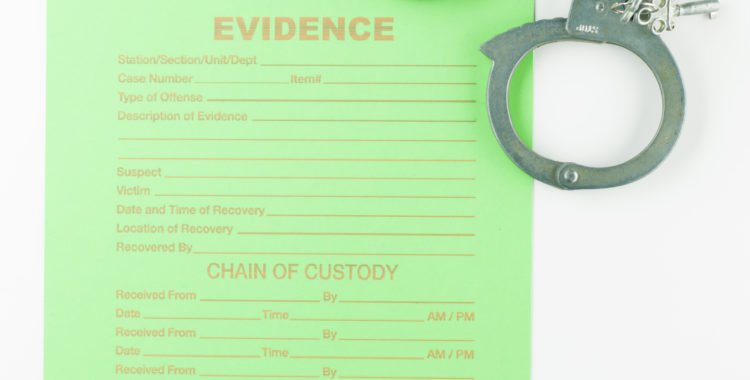The Preliminary Hearing in Felony Criminal Cases
If you have been arrested and charged with a felony by way of a criminal complaint in magistrate court, you will be afforded a preliminary hearing before a county magistrate court judge. A preliminary hearing protects citizens from hasty and malicious prosecutions. The preliminary hearing is a chance for a defendant to challenge the charges before they are presented to a grand jury. Without the advice of a criminal defense attorney, the preliminary hearing should usually not be waived.Preliminary hearings in West Virginia criminal cases can result in felony charges being dismissed. Even if your charges are not dismissed, the preliminary hearing permits your attorney to discover the facts that form the basis of the charges against you. It is critical that your criminal defense attorney be prepared to cross examine the State’s witnesses. A by-product of the preliminary hearing is that your attorney can gain valuable information about the allegations against you.This blog discusses preliminary hearings in West Virginia criminal cases.
How Soon Must a Preliminary Hearing Be Held?
Magistrates must schedule preliminary hearing within a reasonable time following a defendant’s initial appearance. Rule 5(c) of the West Virginia Rules of Criminal Procedure requires that a preliminary hearing be held no later than 10 days following the initial appearance if the defendant is in custody and not later than 20 days if the defendant is not in custody.A defendant can consent to extend these time requirements. However, if the defendant does not consent, the time limits may be extended by the circuit court if there are extraordinary circumstances and delay is indispensable to justice.
What Must the Magistrate Determine?
A preliminary hearing is not a jury trial. It is an evidentiary hearing before a magistrate where the State of West Virginia and, in some cases, the defendant, presents evidence for the magistrate’s consideration. Unlike a jury trial, the standard that the State must meet is not beyond a reasonable doubt, but mere probable cause.There are two considerations for the Magistrate. First, the magistrate must determine whether there is probable cause to believe that a crime has been committed. Second, the magistrate must determine whether the defendant is the person that committed the crime. These are separate and distinct requirements.
What Type of Evidence Will be Considered?
Both the State and the defendant may call witnesses at the hearing. Generally, the rules of evidence apply. However, West Virginia law expressly permits a magistrate to hear and consider hearsay evidence where:
The source of the hearsay is credible;
There is a factual basis for the information furnished; and
It would impose an unreasonable burden on one of the parties or on a witness to require that the primary source of the evidence be produced at the preliminary hearing.
What Happens After the Preliminary Hearing?
If the magistrate finds that the State failed to meet its burden of proving that a crime was committed and the defendant committed it, the criminal complaint will be dismissed and the defendant will be discharged. Importantly, the mere fact that the defendant was discharged does not prevent the State from instituting a second prosecution for the same offenses.If the magistrate finds probable cause to believe that a crime was committed and the defendant committed the crime, upon presentation by the prosecutor, the grand jury will consider the charges. If the grand jury thereafter finds probable case, a defendant will be required to appear in circuit court to answer for the charges.
Do I need a Lawyer at the Preliminary Hearing?
Yes. You need a criminal defense lawyer for a preliminary hearing. A felony charge is serious. Felony charges can result in the imposition of a prison sentence that can cause a citizen to spend years in prison. Even then, a felony conviction can cause a citizen to lose certain rights even after the sentence is served. A criminal defense attorney can guide you through the criminal process and ensure that your rights are being protected at every stage. Barney Law PLLC practices in the area of criminal defense and has experience in handling felony and misdemeanor criminal cases in Putnam County, Kanawha County, and surrounding areas. If you or a loved one has been charged with a crime, feel free to call us.

